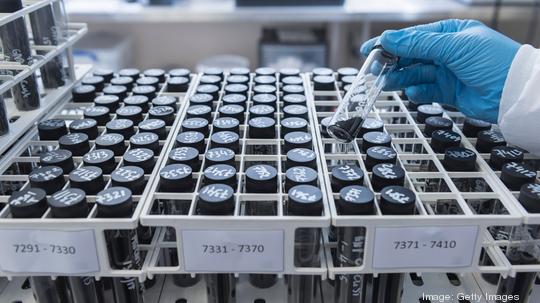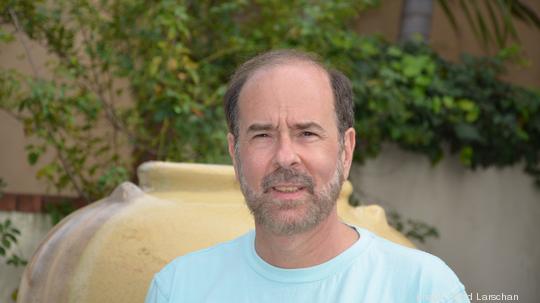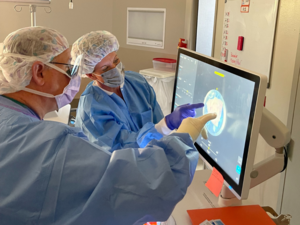
For years, scientific circles have been tantalized by the promise of graphene — an elastic, extremely lightweight carbon allotrope that’s one of the world’s strongest materials, and one of its best conductors of heat and electricity.
But while graphene has the potential to drastically increase the effectiveness of numerous products, there is a problem: manufacturing a high-quality, defect-free version of it is difficult.
So, Memphis-based Avadain is hoping to change this. The startup has a process that it says can manufacture large, thin, and defect-free — or nearly defect-free — graphene flakes, which it hopes to scale up and license to manufacturing firms. By the end of next year, it wants to start licensing the manufacturing process to advanced material manufacturers. And by 2029, it wants to have 10 licensees.
Now, thanks to a federal grant, Avadain is one step closer to completing that goal.
The Rapid Advancement in Process Intensification Deployment Institute (RAPID) has been given a $3.77 million grant from the National Institute for Standards and Technology (NIST). RAPID is a partner of Avadain, and the grant will be used to upscale the latter’s manufacturing process.
RAPID, acting as project manager, will give about $2.47 million of the funds to Avadain and the San Antonio-based Southwest Research Institute, the nonprofit R&D organization that has been selected to do the upscaling.
“What this funding does, is it enables Avadain to upscale our manufacturing process to continuous production of high-quality graphene,” Brad Larschan, the startup’s CEO, told MBJ. “That’s huge. … We’re so excited we can’t stand it.”

Larschan is also excited about what happens with the grant’s remaining $1.3 million.
This will be divided between the University of Arkansas and the biotechnology company Flextrapower Inc., which are set to use Avadain’s graphene flakes. U of A will incorporate them into its nano biosensor, with the goal of improving COVID-19 detection. And Flextrapower will use them to make advanced N98 and N99 respirators — high-performance, graphene-based filtration masks.
If Avadain’s graphene flakes prove to be impactful for U of A and Flextrapower, the startup will have three instances of their effectiveness. Already, Larschan asserted, it’s shown they make super capacitors — which sit between an energy source and a battery — significantly more efficient.
“This award will demonstrate the effectiveness of Avadain’s graphene flakes in two other critically important applications,” he said. “So, when we go to license this technology, we will go to have three actual implementations that benefit from our flakes, and the associated data.”
The potential uses of graphene could span well beyond these three applications.
Because it’s such an effective electrical conductor, graphene can make batteries more efficient, potentially bringing significantly faster charging times to smart phones and electric vehicles. In 2017, Samsung revealed a graphene battery material that enabled five times faster charging speeds than standard lithium-ion batteries.
Because it’s stronger than steel, yet remarkably lightweight — graphene is considered the world’s first 2D material, according to the University of Manchester — mixing it in with aircraft materials could substantially reduce the weight of airplanes. That would also make aircraft more efficient and reduce their carbon footprint.
And because it’s so elastic, graphene could make products more flexible in the future.
In addition to the funds from RAPID that will launch the upscaling process, Avadain is set to kick off a $5 million crowdfunding campaign. Originally, the target launch date was March 21, but because of the international economic uncertainty stemming from the war in Ukraine, Larschan said they’ve discussed postponing it.
Still, he’s confident they can raise the funds, just as he’s confident in Avadain’s prospects — especially after receiving the recent grant funding.
“This is a truly important step,” he said.









